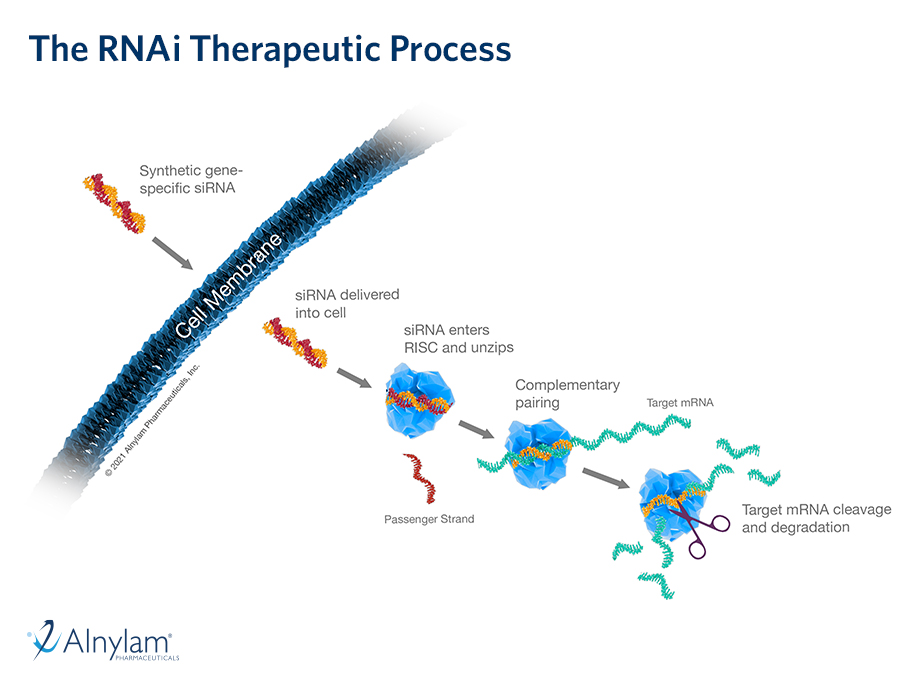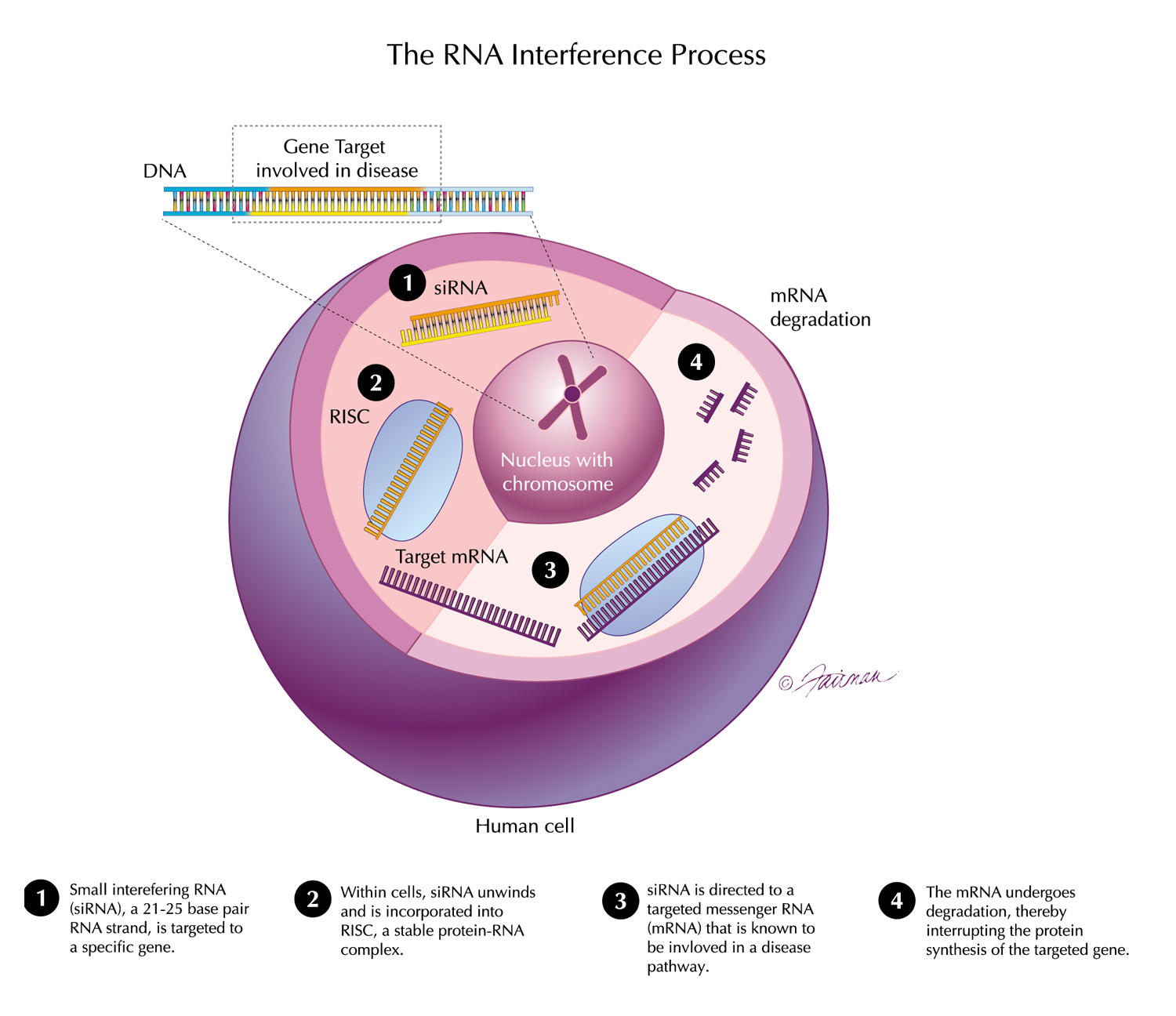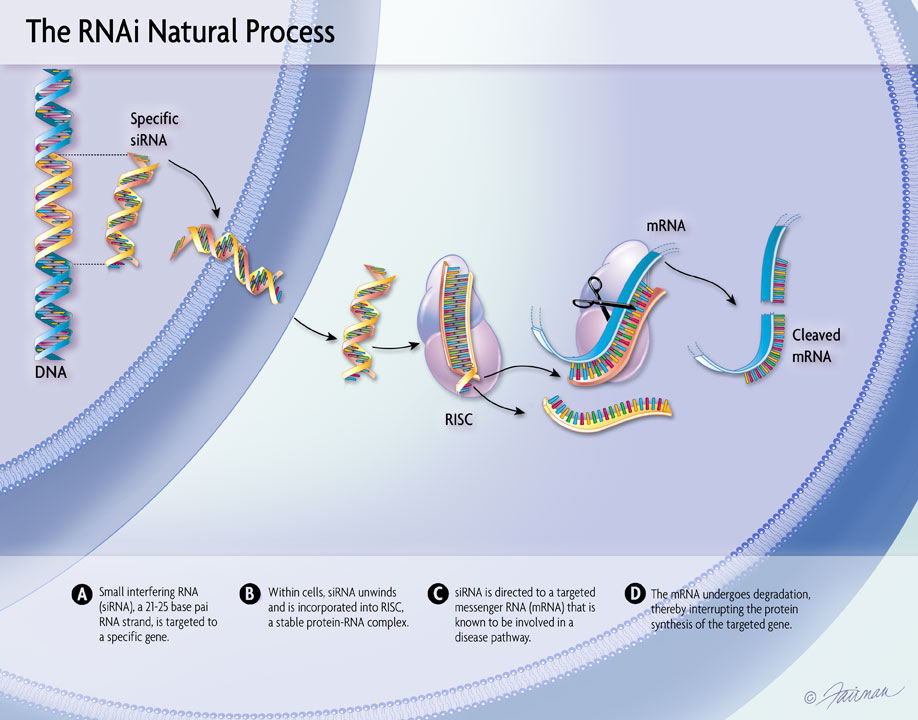04 Dec, 2025 New Data Evaluating Rates of ARIA from the Ongoing Phase 1 Study of Mivelsiran in Early-Onset Alzheimer’s Disease Presented at the Clinical Trials on Alzheimer’s Disease Conference 2025
Rates of amyloid-related imaging abnormalities (ARIA) from an interim analysis of the ongoing Phase 1 study of mivelsiran in patients with early-onset Alzheimer’s disease (EOAD) were presented at the Clinical Trials on Alzheimer’s Disease (CTAD) Conference 2025 in San Diego, CA. Mivelsiran is an investigational CNS-targeting RNAi therapeutic designed to reduce amyloid precursor protein (APP) and downstream Aβ peptides.




